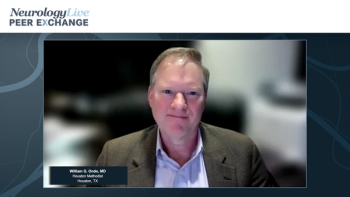
Drs William G. Ondo and Rajesh Pahwa analyze the pharmacokinetics of different formulations of amantadine for treatment of dyskinesia in Parkinson disease.

Drs William G. Ondo and Rajesh Pahwa analyze the pharmacokinetics of different formulations of amantadine for treatment of dyskinesia in Parkinson disease.
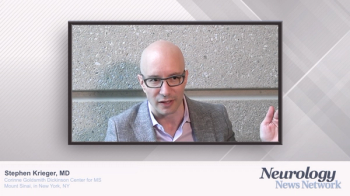
Stephen Krieger, MD, speaks to the known effects of disease-modifying therapies for multiple sclerosis on cognitive function, among other interventions.
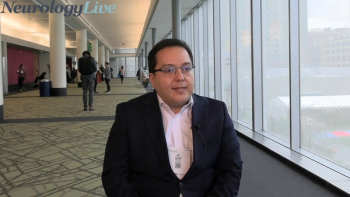
The manager of Clinical Development-Research at Linus Health provided perspective on 2 analyses presented at the 2023 AAN Annual Meeting on the reliability of the DCTclock to detect cognitive impairment. [WATCH TIME: 4 minutes]
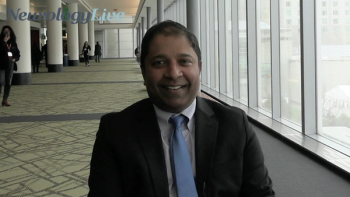
The senior investigator at the National Institute on Aging talked about targeting pathologies in neurodegenerative diseases at the 2023 AAN Annual Meeting. [WATCH TIME: 6 minutes]
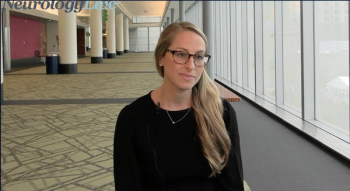
The pediatric neuroimmunology fellow at NYU Langone provided perspective on a study presented at AAN 2023 comparing cognitive trajectories of pediatric and adult multiple sclerosis. [WATCH TIME: 3 minutes]
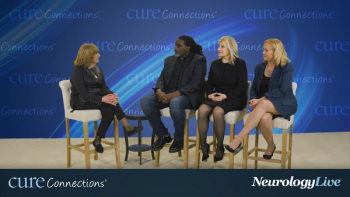
The panel discusses the value of shared experiences among individuals living with multiple sclerosis.
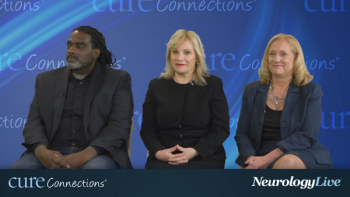
Craig Mainor and Gina Murdoch share peer-to-peer support resources for individuals living with multiple sclerosis.
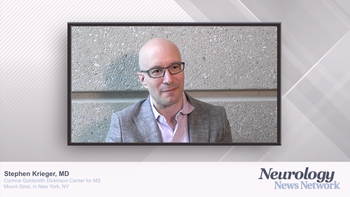
Stephen Krieger, MD, discusses how cognition is defined in multiple sclerosis and the tools to evaluate patients' cognitive performance.
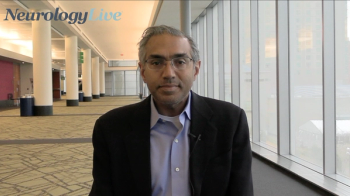
The medical director of the Rocky Mountain Movement Disorders Center talked about the motivations of the phase 2 study on ANX005 for Huntington disease at the 2023 AAN Annual Meeting. [WATCH TIME: 3 minutes]
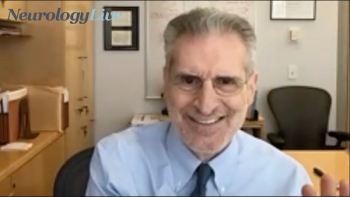
The director of the Feil Family Brain and Mind Research Institute at Weill Cornell Medicine spoke about preserving brain function through medical, sociopolitical, and educational efforts as part of his presentation at the 2023 AAN annual meeting. [WATCH TIME: 6 minutes]
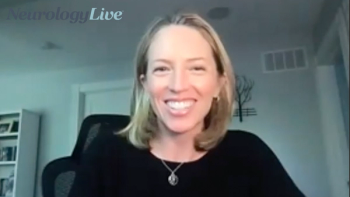
The associate professor of neurology and director of the Penn Epilepsy Center at the University of Pennsylvania talked about the potential of using artificial intelligence in the field of neurology as part of an upcoming session at the 2023 AAN annual meeting. [WATCH TIME: 5 minutes]
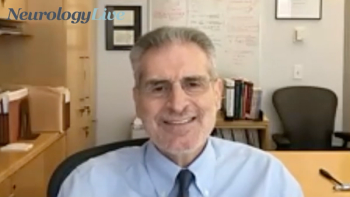
The director of the Feil Family Brain and Mind Research Institute at Weill Cornell Medicine talked about the importance of vascular health in preventing cognitive impairment as part of his presentation at the 2023 AAN annual meeting. [WATCH TIME: 6 minutes]
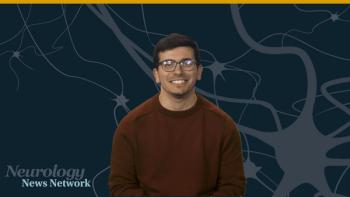
Neurology News Network for the week ending April 22, 2023. [WATCH TIME: 4 minutes]
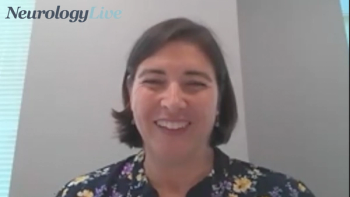
The cofounder and chief product development officer of Zevra Therapeutics talked about the phase 1 clinical trial of KP1077 for narcolepsy and potentially using it to treat other conditions. [WATCH TIME: 5 minutes]
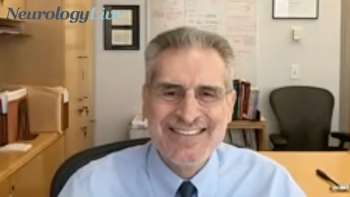
The director of the Feil Family Brain and Mind Research Institute at Weill Cornell Medicine talked about brain health in relation to vascular health ahead of the 2023 AAN annual meeting. [WATCH TIME: 3 minutes]
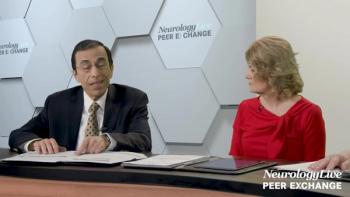
Anne Marie Morse, DO, FAASM, discusses the burden and risk factors associated with excessive daytime sleepiness and narcolepsy.
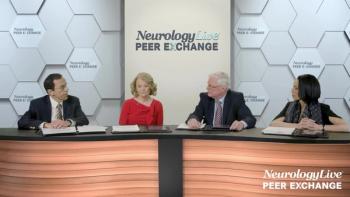
Experts provide an overview of excessive daytime sleepiness and narcolepsy.
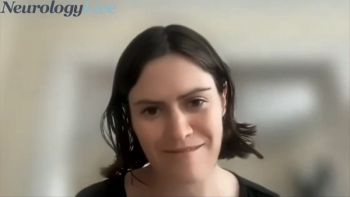
An immunology fellow at Brigham and Women’s Hospital provided perspective on the positive impacts a new diagnostic criterion for MOGAD brings to the clinical community. [WATCH TIME: 4 minutes]
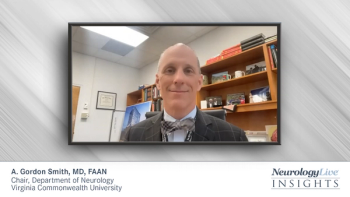
A. Gordon Smith, MD, FAAN, discusses how to assess for treatment success and why the patient perspective is so important in deciding whether to change therapies.

A. Gordon Smith, MD, FAAN, talks about how new agents and emerging data are enabling clinicians to personalize care for patients with myasthenia gravis.
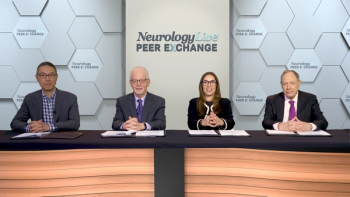
Neurology experts expand on advantages and disadvantages of using FDA-approved treatment compared with other therapy options for neuromyelitis optica spectrum disorder.
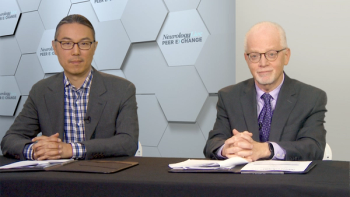
Robert Shin, MD, FAAN, discusses the potential advantages of using inebilizumab over rituximab in the treatment of NMOSD.
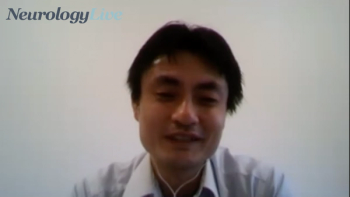
The research fellow at the Neuroimmunology Clinic and Research Laboratory, Massachusetts General Hospital and Harvard Medical School, talked about his research of cell function in NMOSD to be presented at the upcoming AAN annual meeting. [WATCH TIME: 6 minutes]
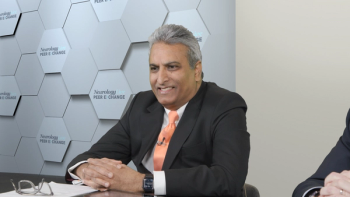
Drs Rajesh Pahwa, Daniels Kremens and Fernando Pagan provide an overview of current treatment options for treatment of dyskinesia in patients with Parkinson’s Disease.
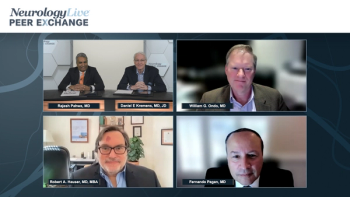
The expert panel highlights challenges in treatment of OFF episodes and dyskinesia together and long-term consequences of delaying treatment for dyskinesia in patients with Parkinson disease.
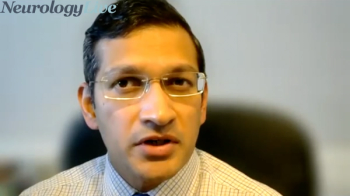
The vascular neurologist at Allegheny Health Network provided insight on the need to create consensus guidelines that further explain the treatment, management, and rehab of basilar artery occlusions. [WATCH TIME: 3 minutes]
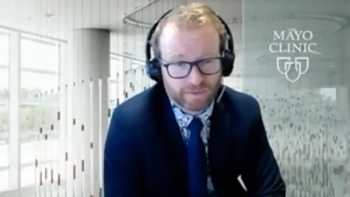
The neurologist at Mayo Clinic in Jacksonville Florida spoke about early detection, prevention, and time to intervene with treatment in autoimmune encephalitis. [WATCH TIME: 5 minutes]

The research fellow at the Neuroimmunology Clinic and Research Laboratory, Massachusetts General Hospital and Harvard Medical School, talked about having safer and more specific treatments for NMOSD that are antigen-specific. [WATCH TIME: 4 minutes]
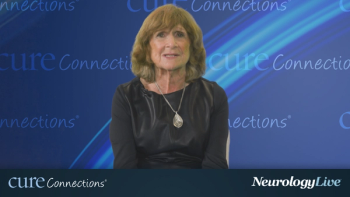
Craig Mainor and Dr Mary Ann Picone highlight the role of comprehensive care and importance of treatment adherence for people living with multiple sclerosis.

Craig Mainor, a patient with multiple sclerosis, shares the story of his diagnosis. The panel discusses the advances in diagnosis and management of multiple sclerosis in the last 30 years.